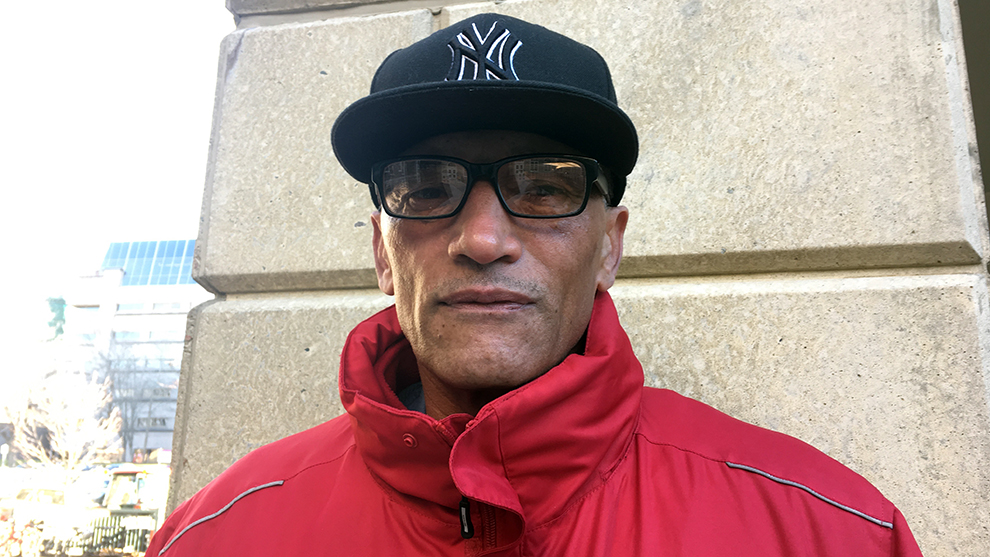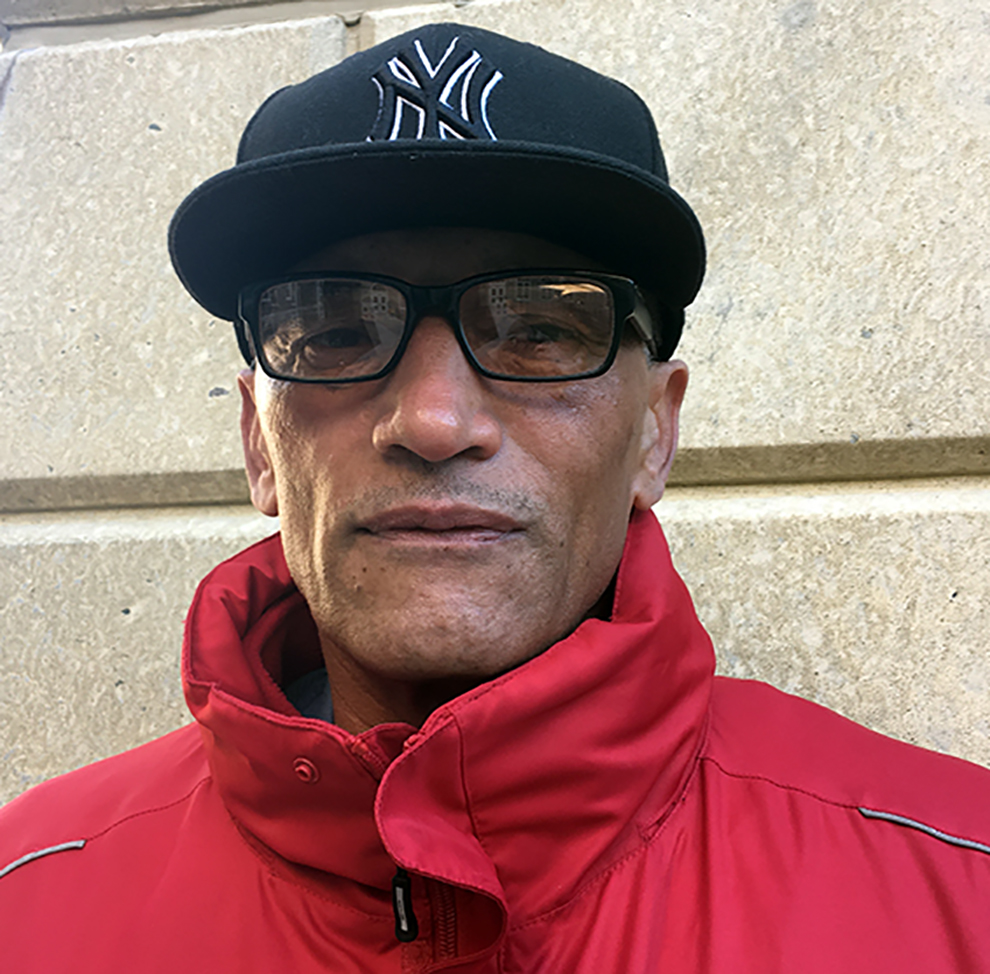Community
Ceasefire anti-violence group needs more money to remain open
‘All the work that we have done could go to the wayside,’ says outreach worker

caption

caption
Shawn Parker has been an outreach worker with Ceasefire Halifax since 2014.Shawn Parker has counselled at-risk youth with Ceasefire Halifax for three years, but at the end of December, the anti-violence program may cease to exist.
Ceasefire, which helps youth negotiate potentially violent conflicts and make positive changes to their lives, has been surviving on a temporary funding extension since its $2-million federal grant ran out in June.
“The thing about a lot of community projects is that once they run their course, the funding stops and nothing is put in place,” Parker said. “So what happens is the community says, ‘wow, they’re forgetting about us again.’”
The program’s 10-person staff operate in north and central Halifax, north Dartmouth, North Preston and East Preston. Ceasefire’s “violence interrupters” are from the communities they serve and are trained to defuse potentially lethal interactions. Related stories
Parker said he has mediated close to 80 of these interactions since he started with Ceasefire and has helped many youth better their lives and work towards personal goals.
“Violence is something no child is born with; it’s a learned behaviour. So anything that’s learned, to me, can be unlearned,” he said.
‘I’ll walk with you’
As an outreach worker with Ceasefire, Parker identifies “high-risk” individuals, learns as much as he can about them and sits down with them in their neighbourhoods.
“Credibility is very important to what we do,” he said. “These guys have to know what you stand for but also respect who you are.”
Parker then helps connect each with available options, whether that be GED courses taught by African-Nova Scotian tutors or job programs at the community YMCA.
“I always told my young men ‘I won’t walk in back of you, I won’t walk in front of you, I’ll walk with you, side by side,’” he said.
Ceasefire Halifax launched in 2014, following a sharp increase in violence in the Halifax Regional Municipality. In 2012, the HRM had the highest rate of firearms-related violence in the country and 17 homicides, according to Statistics Canada.
The violent crime severity index in Nova Scotia decreased 10 per cent from 2014 to 2016.
Plea for funding
Yvonne Atwell, who oversees Ceasefire as director of the Community Justice Society in Halifax, said securing more funding hasn’t been easy.
The society is trying to find enough money to keep Ceasefire open until March, and is drafting a “more sustainable” proposal to the municipality and the federal government, Atwell said.
“We don’t want to lay everybody off,” she said.
Atwell said Ceasefire Halifax will meet with key funding partners from the HRM, the provincial government and the federal government, as well as community members and officials from the RCMP, on Dec. 14. She’s hopeful that spreading awareness about the program will help Ceasefire secure a future in Halifax.
But if funding stops, “all the work that we have done could go to the wayside,” said Parker.
“I don’t know how many lives we’ve saved; we will never know that,” he said. “But I’ll tell you this, we’ve saved some lives.”

